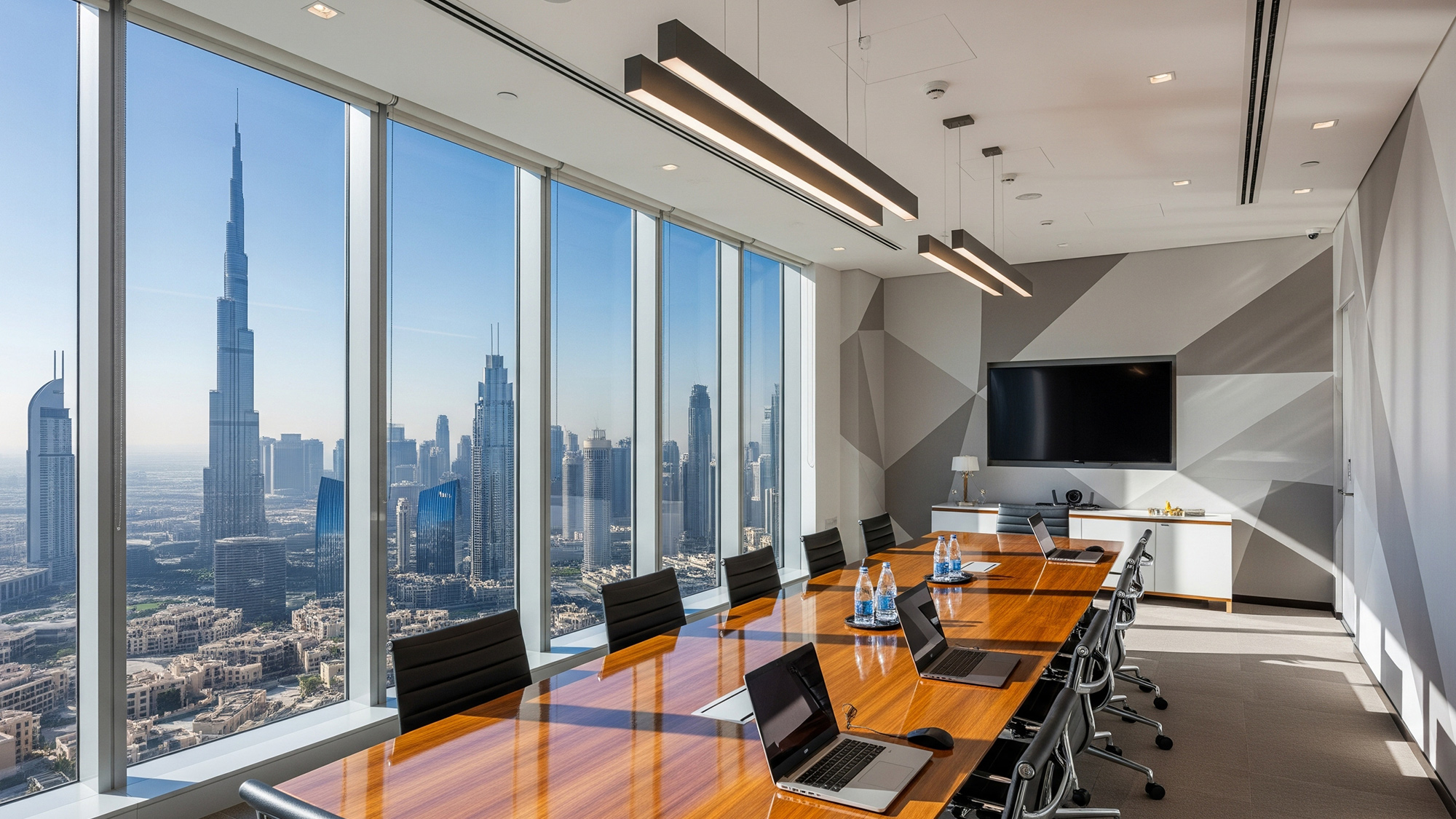



According to the 2024 Savills Dynamic Wealth Indices, Dubai is home to 81,200 millionaires, 237 centimillionaires, and 20 billionaires. This makes it one of the fastest-growing wealth centres globally, with a 102% increase in millionaires in the past 10 years alone.
This concentration of private wealth is arguably a catalyst for innovation, as HNWIs often double as angel investors, venture capitalists, early adopters or strategic partners. They are intrinsically important in fuelling the growth of early-stage ventures. As Dubai’s millionaire population expands, so too does the pool of capital available to fund promising start-ups and scale-ups. This inevitably makes the city a fertile ground for entrepreneurial activity, which has reportedly recorded 1,034 start-ups in June 2025, based on data from StartupBlink.
This article is part of a series examining the main reasons why Dubai has become a metaphorical beacon for innovators and investors. It highlights the progressive, company-friendly environment and regulatory changes that are making it increasingly appealing for global start-ups to operate in Dubai.
Dubai has steadily grown in international start-up rankings, climbing six places in 2025 alone on the Global Startup Ecosystem Index. This growth reflects both the maturity of its business ecosystem and the effectiveness of its pro-entrepreneurship policies. Supported by government agencies and initiatives like Dubai SME — a division of the Department of Economic Development — the emirate has truly engineered a support framework that actively nurtures new ventures.
In addition, the city is home to a growing network of accelerators and incubators that are particularly beneficial for those setting up a business in Dubai, as they significantly lower entry barriers for early-stage founders. Additionally, coworking spaces like AstroLabs, WeWork, and The Co-Dubai provide flexible, affordable alternatives to traditional offices, which often foster collaboration among innovators.
Sector-wise, the emirate focuses on sectors that match global trends and regional needs. The most active verticals include fintech, e-commerce, healthcare, renewable energy, AI, and cybersecurity. Fintech alone commands over 30% of all start-up funding in Dubai, totalling $1.26 billion since 2017. The software and data field has also seen the top three Dubai-based start-ups raise over USD 1.23 billion in funding.
These sectors are truly attractive to global small and medium enterprises aiming to internationalise.
Recent legal reforms have further tilted the scales in favour of entrepreneurs looking to start a business in Dubai. A notable example is the Executive Council Resolution No. (11) of 2025, issued by H.H. Sheikh Hamdan bin Mohammed bin Rashid Al Maktoum, Crown Prince of Dubai and Chairman of The Executive Council. This resolution allows companies licensed in free zones to operate in mainland Dubai, thereby reducing compliance challenges and expanding market access — while still retaining the benefits of being in a free zone.
This development highlights the emirate’s progressive approach to governance. Free zone firms, which are often selected for their tax incentives and ownership benefits, can now easily scale into the broader domestic market. As a result, it becomes even more appealing to global founders considering the advantages of setting up a business in the emirate.ir
The city has also introduced a variety of investor-friendly reforms in recent years that further level the playing field for companies across scales. The introduction of 0% corporate tax in select free zones, full foreign ownership, and streamlined visa regulations all support the ease of doing business in Dubai. Meanwhile, the 15% Domestic Minimum Top-up Tax, introduced in January 2025 for multinationals with revenues exceeding €750 million, reflects the UAE’s commitment to global tax standards without compromising its entrepreneurial appeal.
All of these policies reinforce the emirate’s pursuit towards a fair, transparent, and globally integrated corporate field — giving start-ups a significant edge when doing business in Dubai.
According to Clearworld’s 2025 MENA Early Stage Handbook, 2024 created a watershed moment. For the first time, the number of active investors in the MENA region has surpassed the number of new start-ups. This shift means that demand now exceeds supply, putting pressure on venture capitalists to proactively seek out high-potential ventures and on founders to distinguish themselves. With a high concentration of investors, diverse sectors, and an increasing presence of HNWIs, the emirate is exceptionally poised to support start-ups that are looking for visibility and scalability.
In such an investor-driven environment, establishing a strong position within the ecosystem is increasingly critical. This goes beyond product-market fit; it includes forming meaningful partnerships, aligning with trusted local entities, and integrating into the broader business community. These factors can play a significant role in accessing capital, building market credibility, and accelerating growth.
Forming strategic collaborations with established, well-connected entities can be essential to gain access to funding, new markets, and key decision-makers. Aligning with a royal-backed company, such as Seed Group, can amplify both reach and reputation.
In short, starting a business in Dubai today is an undeniably strategic and pragmatic decision. Combined with government initiatives to attract innovation and talent, the city offers a practical and increasingly founder-friendly environment for early-stage companies seeking regional expansion.
Don’t forget to share this post!
We use cookies to enhance your experience on our website. If you continue using this website, we assume that you agree with these. Learn more.


